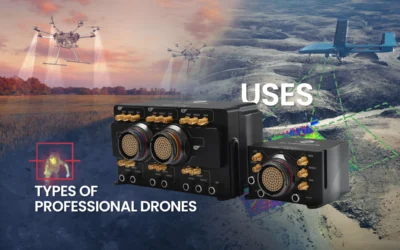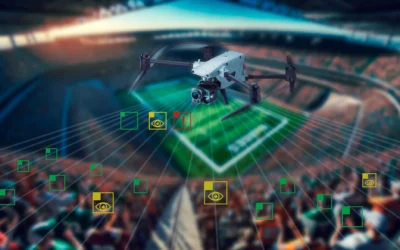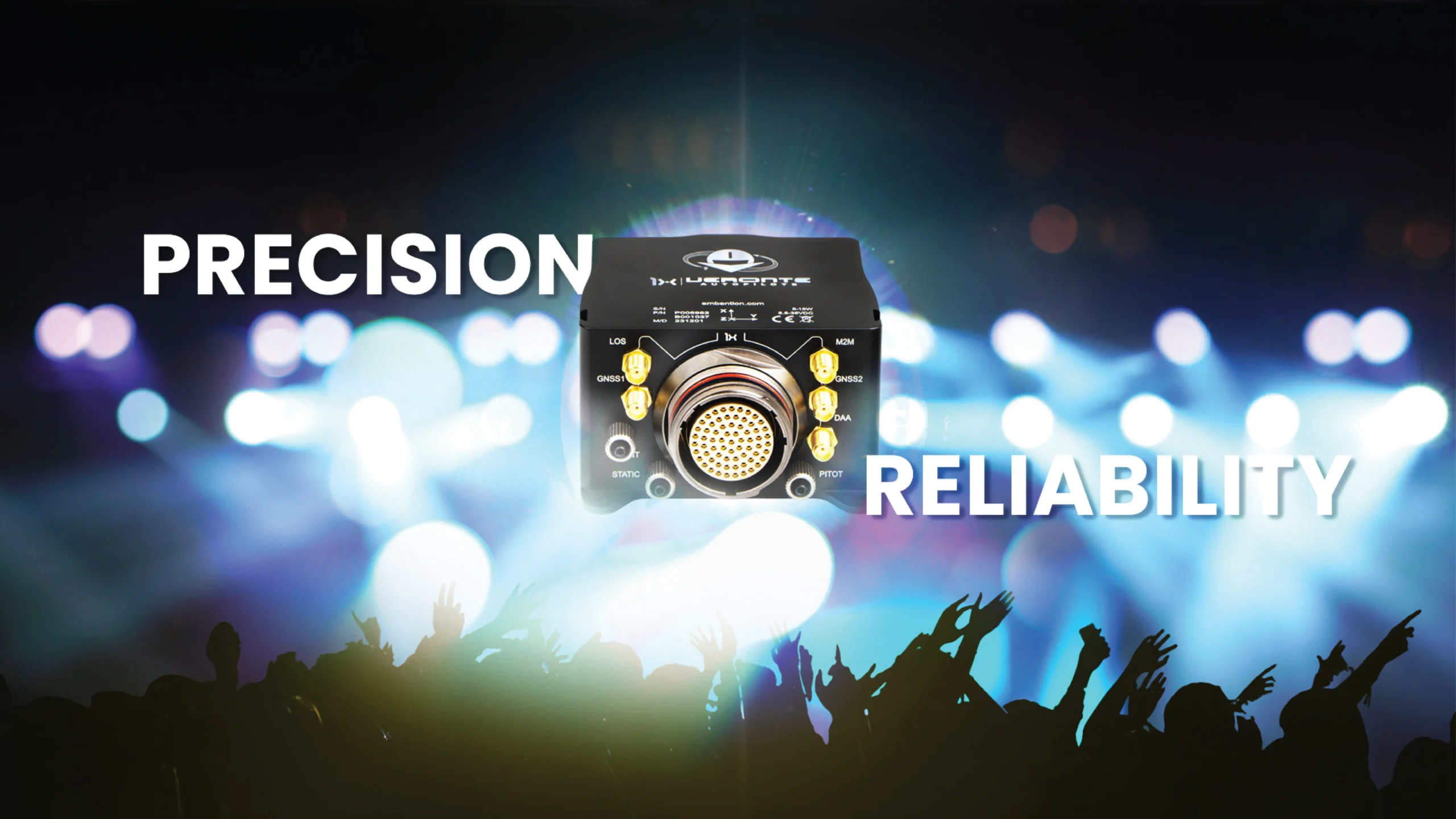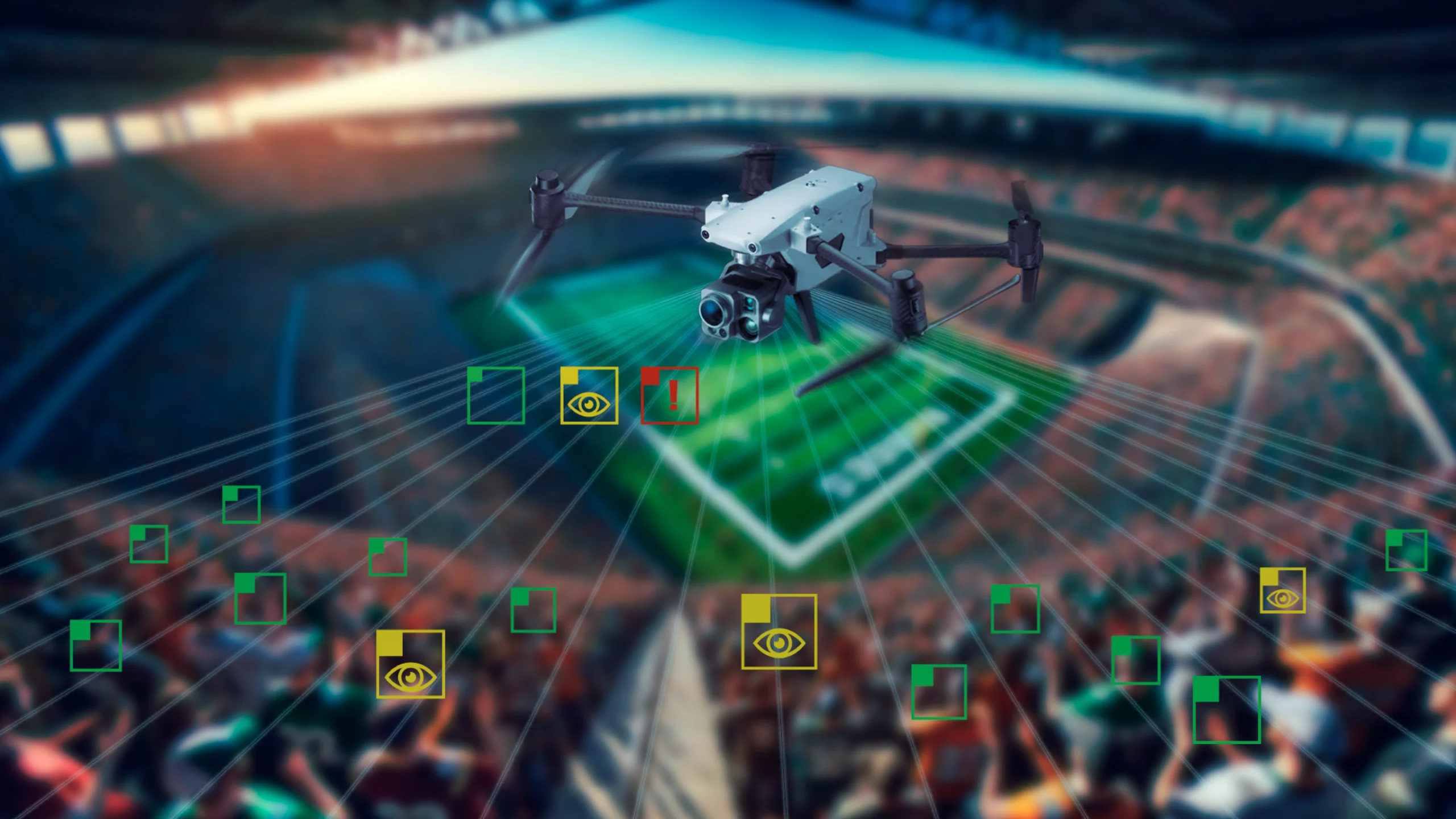Countries with the most advanced technology in the arms industry continually work to improve their defense systems. One of the most important factors for this is the integration of precision guidance systems in their arms and high-speed UAS. It involves various advantages such as adjacent damage reduction, ammunition use diminution, etc. Therefore, systems such as Veronte autopilot installed on guidance kits for rocket control reach great importance today.
This kind of guidance kit system is focused particularly on Air-to-Ground or Ground-to-Ground devices, with the aim of reducing collateral damages caused by these weapons due to the low precision available on non-guided systems. The improvement in accuracy achieved by installing a guidance kit on non-guided missiles permits to reduce the area of probable impact, preventing damage in areas surrounding the target.
Characteristics of guidance kit controlled by Veronte
The integration of Veronte Autopilot in guidance kits involves the use of a redundant high-performance control system comprised of two Veronte autopilots configured to carry out the guidance. It can be used for controlling different kinds of platforms, from rockets to high-speed UAS. Combining the capability of inertial sensors INS (Inertial Navigation System) and satellite guidance (GPS// GNSS (Global Navigation Satellite System) provides high accuracy at an affordable cost.
All this results in a guidance kit that can be applied to artillery rockets, missiles, and other UAS… This guidance kit is usually installed on the front of the rocket, being compatible with various control systems such as canard canard, among others, and ensuring accuracy with a circular Error Probable (CEP) of a few meters.
In conclusion, precision guidance kits for rockets are an attractive alternative on the arms market, permitting the improvement of obsolete artillery systems to become precision devices. In this way, it is possible to use archaic projectiles that would not have any utility without a guidance system.















